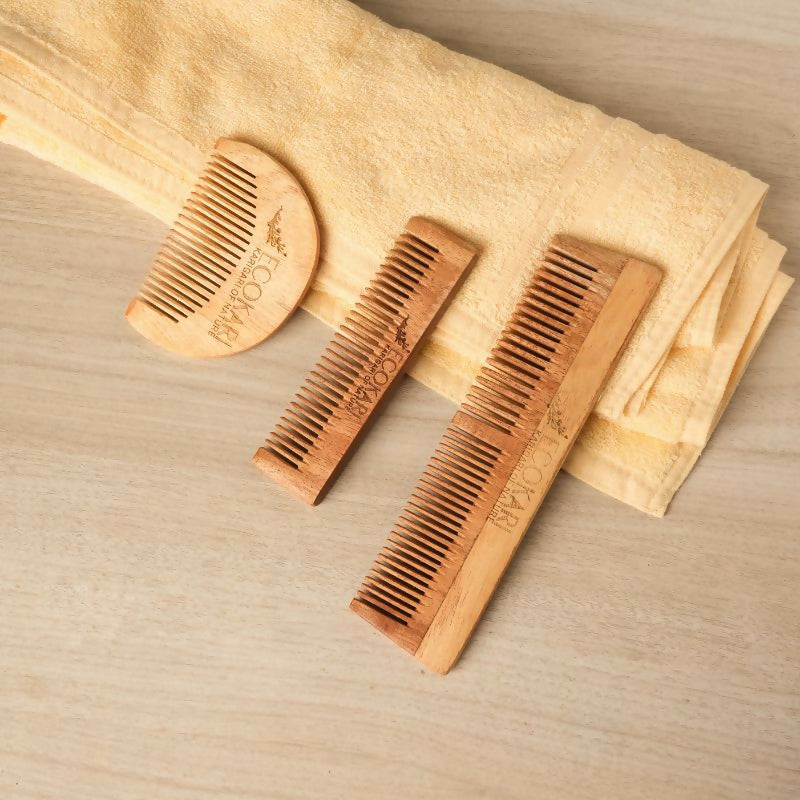The Breakthrough of Biomaterials from Discarded Waste

Biomaterials from waste represent a new generation shift in sustainable development, harnessing plant and natural fruit waste to create eco-friendly alternatives. In laboratories worldwide, bio scientists are developing vegan and cruelty-free materials that promote environmental health and efficiently reuse landfill-bound materials. This circular approach includes the creation of products such as vegan leather, sustainable cling wrap, and eco-friendly packaging alternatives. Our list below explores these innovative uses of biomaterials, featuring items ranging from corn cob wall tiles to other green solutions, illustrating the vast potential of repurposing waste using science.
CORNWALL
Corn Waste Wall Tile
Cornwall is a bio-material created from discarded corn cob waste by Front, formerly known as StoneCycling. This initiative was a collaboration with Circular Matters, a climate-positive company based in Belgium, to produce sustainable building materials. The eco-friendly and sustainable Cornwall tile is designed as an interior wall cladding alternative. This biodegradable material can be returned to the manufacturer after its maximum use. Cornwall keeps materials in the loop and prevents them from ending up in landfills, by repurposing organic waste into a sustainable alternative.

(Image credit: Cornwall - Front x Circular Matters Collaboration)
GREAT WRAP
Potato Peel Cling Wrap
Traditional cling film plastic wraps are environmentally harmful and pose serious health concerns due to the chemicals they contain, especially when exposed to food, and they are difficult to recycle. To address this, bio-designers have introduced Great Wrap, an eco-friendly alternative made from starch derived from discarded potato peels. This transparent wrap mimics plastic film and is claimed to decompose within 180 days when discarded. Founded by Jordy and Julia Kay, Great Wrap is an Australian material science company that aims to replace harmful plastic wraps with a sustainable solution.

(Image credit - Great Wrap Cling Film by Jordy and Julia Kay)
PEEL SAVER
Potato Skins Eco-Packaging
Italian product design students Simone Caronni, Pietro Gaeli, and Paolo Gentille developed Peel Saver, a small-scale student project that repurposes waste potato peels to create a textured paper-like material for packaging. This packaging is designed to hold French fries and address the substantial waste produced by fry companies. An alternative to traditional food packaging, Peel Saver is completely biodegradable and can be used as fertilizer for plants after use. Shaped like an ice cream cone, this eco-friendly packaging helps divert waste and offers a sustainable alternative to plastic and other harmful packaging methods.

(Image credit: Peel Saver by Simone Caronni, Pietro Gaeli, and Paolo Gentille)
ADAM SHEET
Apple Waste Leather
The Japanese-based research and design institute Studio Sozai Centre has developed Adam Sheet, a durable biomaterial known as apple leather. This vegan alternative to traditional leather is crafted from recycled apple waste, including the core, peel, stem, and seeds. The fabric is washable and ideal for producing accessories and furniture. It retains the fruit's natural shade without artificial colouring. Adam Sheet is a cruelty-free material that transforms waste into a valuable product for the fashion industry.

(Image credit: Adam Sheet - Apple Waste Leather by Studio Sozai Centre)
ARDA BIOMATERIALS
Upcycled Grain Leather
Arda Biomaterials, a science-backed label, creates sustainable and circular bio-materials from discarded feedstock waste. Their plant-based product, New Grain, offers an animal-free and plastic-free alternative to leather. Launched by the sustainable fashion brand Been London, New Grain is upcycled from spent grain waste sourced from London breweries. This product represents a commitment to reducing animal cruelty and environmental impact. New Grain debuts as a fashionable handbag.

(Image credit: Arda Biomaterials New Grain Leather - Been London Sling Bag)
TOMTEX
Food Waste Leather
TômTex, founded by designer Uyen Tran, is an eco-friendly biomaterial company specialising in vegan leather alternatives. Their product is crafted from coffee grounds waste and discarded seafood shells. This fully biodegradable material is processed in an environmentally friendly manner, using fewer resources and resulting in a low carbon footprint. TômTex aims to provide a sustainable transition from traditional leather to innovative, quality materials reusing waste.

(Image credit: TômTex Coffee Grounds & Seafood Waste Leather)
Repurposing waste into biomaterials fuels a revolution in sustainable innovation and deepens our understanding of ecological impacts. Research and development efforts are crucial in transforming waste into versatile products like corn cob tiles and durable vegan leather. This ongoing exploration into biomaterials aids in waste diversion and enhances the production of eco-conscious alternatives, forming a sustainable industry standard that can adapt to and address the environmental challenges of our time.






Leave a comment